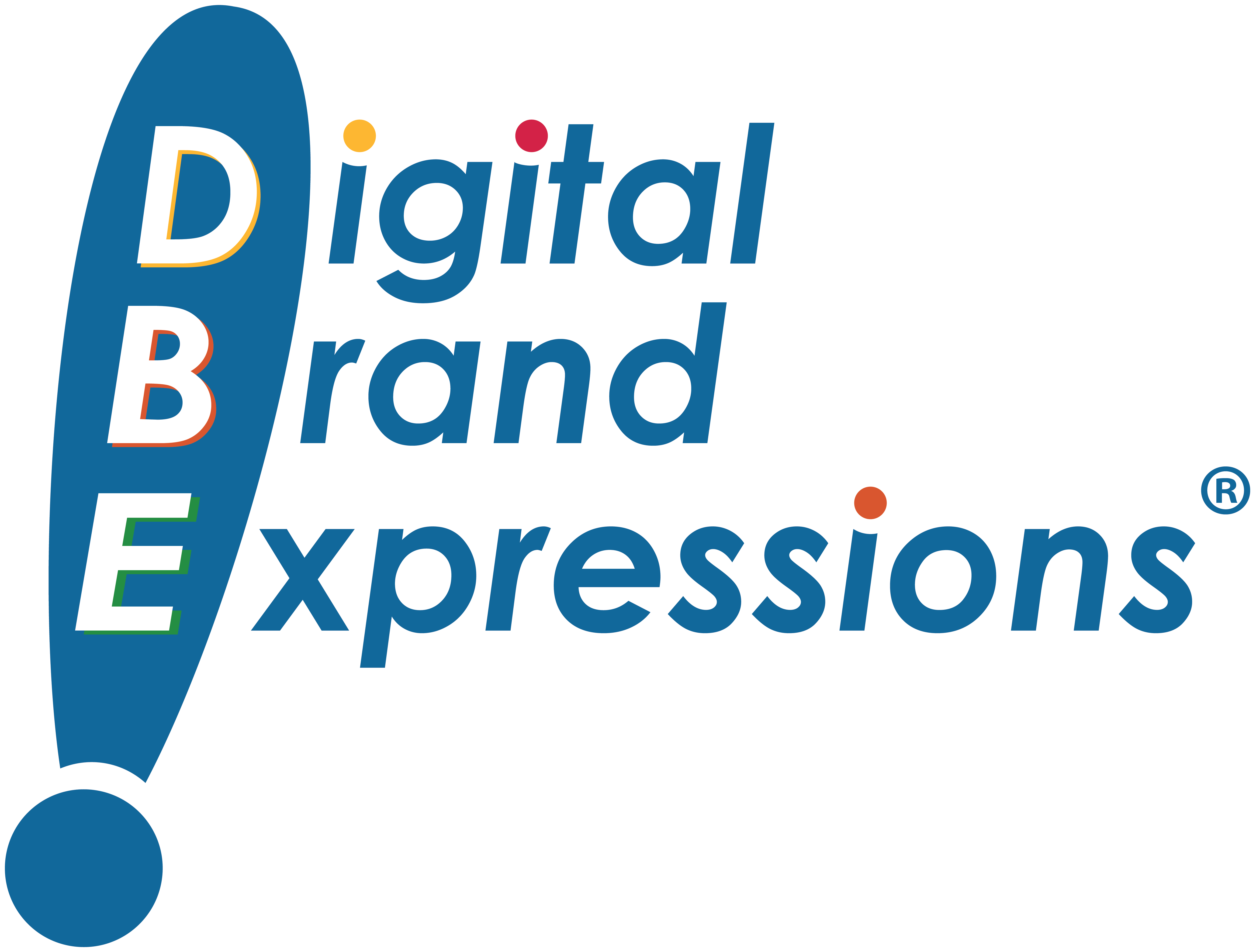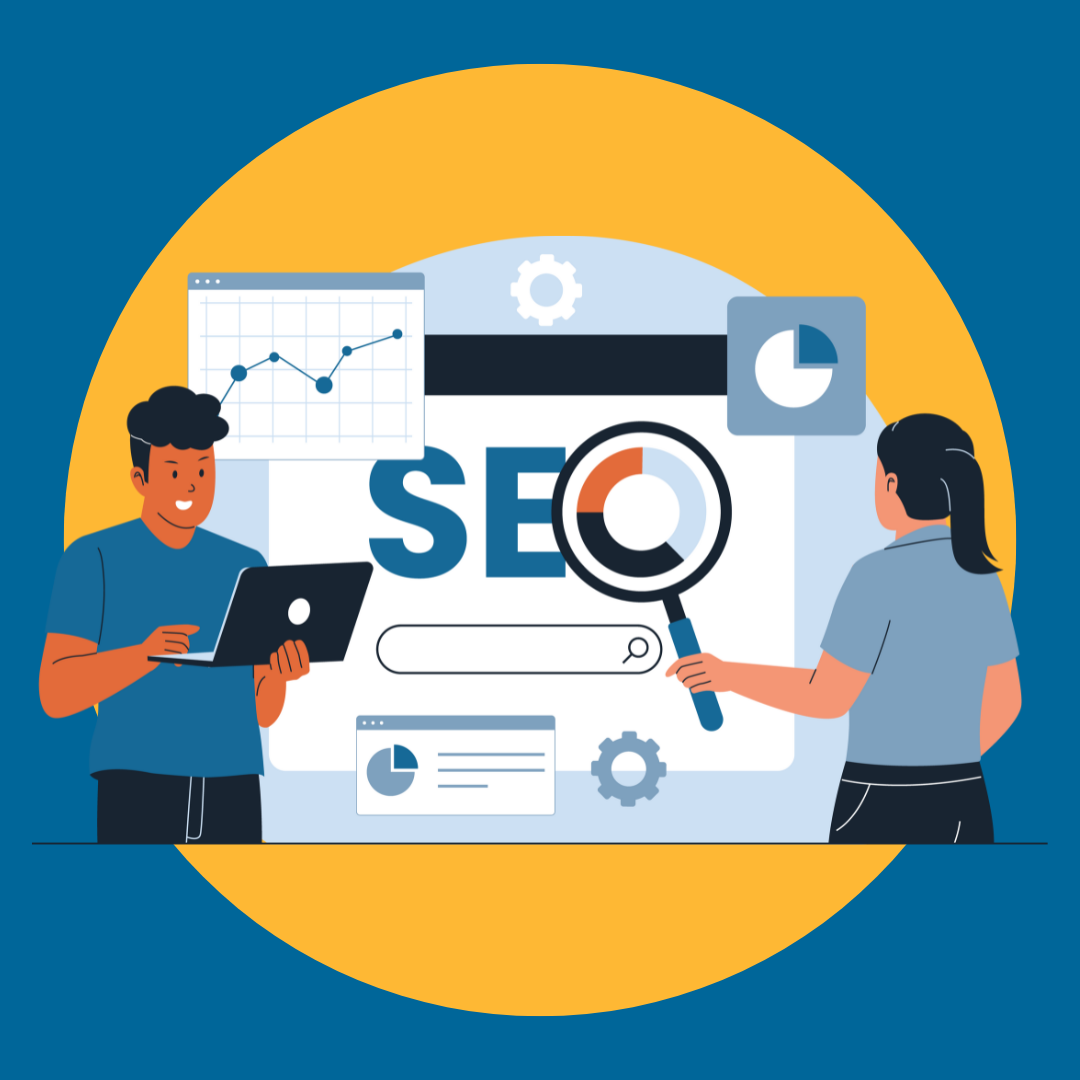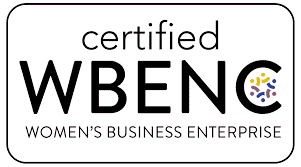Two questions on digital marketers’ minds these days are:
- “What is the impact of AI platforms on my organic search and paid search success metrics?”
- “What metrics should I be focused on to show digital marketing success moving forward?”
Let’s break it down and offer some answers.
What were the core SEO and Paid Search metrics before the AI era?
Historically, SEO success was tracked using keyword rankings, organic traffic, click-through rates (CTR), bounce rates, conversions (as possible), backlinks, and indexed pages.
Paid Search focused on impressions, CTR, cost-per-click (CPC), conversions, quality score, and impression share.
These metrics were rooted in how and where pages/ads appeared in traditional search engine results pages (SERPs), and how often these impressions were clicked relative to their exposure.
Why are these metrics less relevant in today’s AI-inclusive landscape?
- From an SEO perspective, the traditional SERP layout has changed. Google long ago shifted priority to the appearance of paid ads and other search features to the top of the page, pushing the natural search results down (and often below the fold on a mobile phone). Not only does the inclusion of Google AI Overviews content further this downward push of natural positions, its direct, conservational answers have reduced or zero-ed out organic and paid search clicks and CTR.
- Another issue facing Paid Search is Google’s double-serving policy shift earlier this year. This means an advertiser’s ad may appear in multiple positions in the same auction. The result is increased impression counts without driving a comparable rise in clicks. The impact of declining CTRs and diluted impression share are making these old benchmarks unreliable.
How else are AI chatbots and generative search agents (ChatGPT, Perplexity, AI Overviews, etc.) changing search performance measurement?
- AI search and chatbots tend to “summarize” their answers from a variety of sources that often do not include direct brand citations with links. In some cases, brands are actually competing for visibility with their product distributors or being cited with competitors based on competitive reviews on publisher websites.
- The traditional digital customer journey has been upended as AI-focused search results and AI chatbots are gaining traction as key steps in the brand discovery and research phases. While there is growing evidence that people are not leveraging AI platforms as their only search vehicle, we now have a chicken/egg attribution challenge as to where, when, or even, if a click or conversion was impacted.
What are the important metrics for search marketers moving forward?
- Conversions and Conversion Value: We’re still going to track traditional metrics like clicks, CTR, etc. as they are good signals of optimization gains and opportunities for improvement. However, the most important success metrics in this AI era should be overall Conversions and Conversion Value that can be used to determine ROI. This is why Conversion Goal Setting is a critical part of our client onboarding Discovery Phase.
- Brand Authority and Visibility: Authoritativeness is one of Google’s E-E-A-T core ranking/relevancy guidelines. Authority is also widely viewed as a significant factor behind brand citations/links. We track Moz Authority scores to demonstrate improvement over time. We also track Target Keyword Visibility through Advanced Web Ranking (AWR) over time as indication of optimization success. Impressions can also be used as an indicator here.
- Competitive Presence and Advantage: One of the great things about digital marketing is you can track and compare competitive authority and visibility to demonstrate success. Even paid search offers Auction Insights to show your share of voice vs. competitors.
Final Thoughts
In today’s digital landscape, the most valuable question on search metrics is no longer “How many clicks or impressions did I get?” Instead, marketers must now focus on “How visible and trusted is my brand before a click ever happens?” To thrive, embrace search measurement frameworks that prioritize conversions, brand perception, and competitive positioning that are consistent with search and consumer journeys as they evolve in the AI era.


